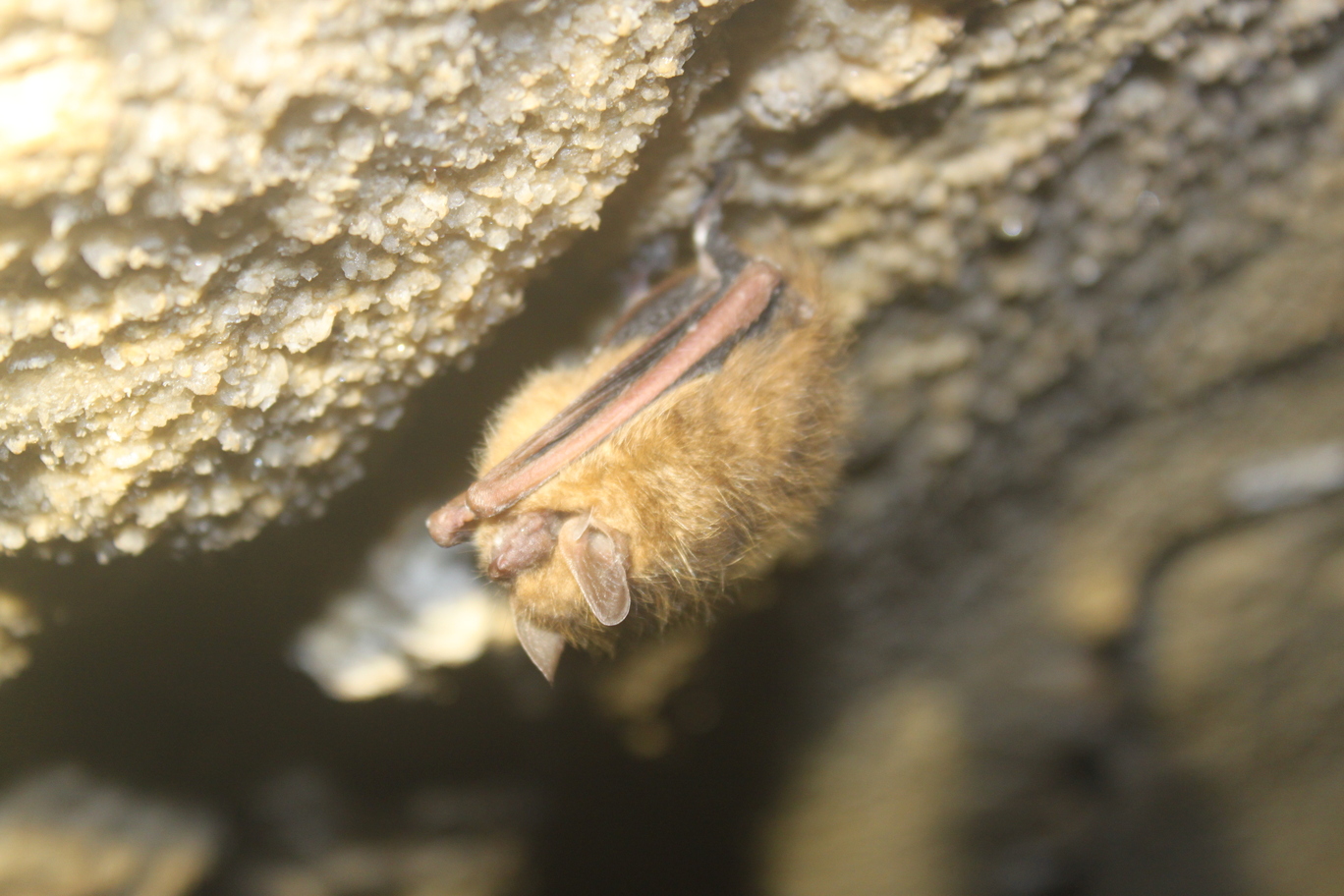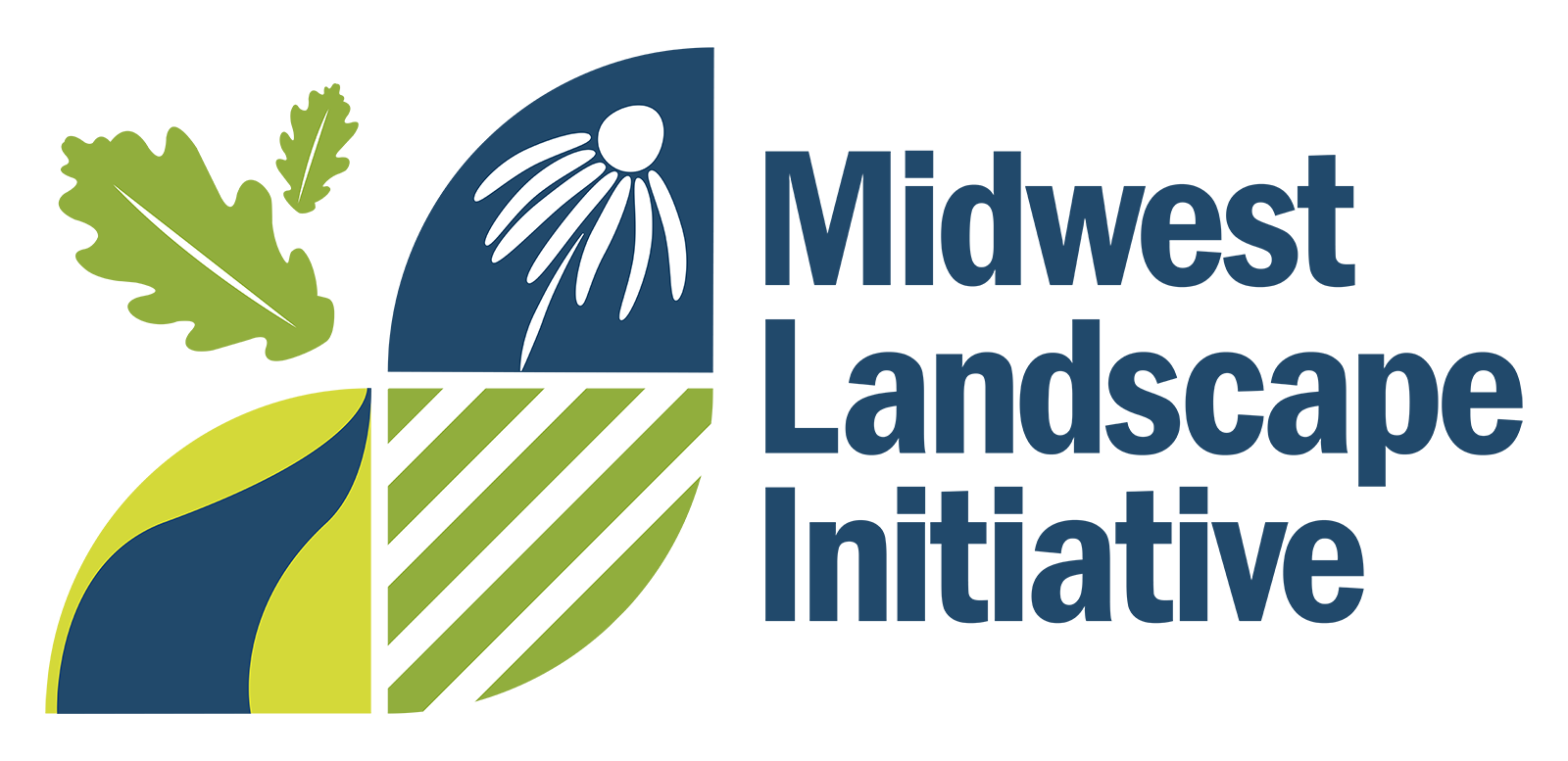This website uses cookies so that we can provide you with the best user experience possible. Cookie information is stored in your browser and performs functions such as recognising you when you return to our website and helping our team to understand which sections of the website you find most interesting and useful.
Midwest Landscape Initiative Announces Completion of Regional Species of Greatest Conservation Need List

The Midwest Landscape Initiative has completed the first phase of the Midwest Regional Species of Greatest Conservation Need project. The project helped to identify species of high regional concern and importance that will benefit from coordinated conservation delivery through an effective and collaborative approach across 13 Midwest states, the USGS and the U.S. Fish and Wildlife Service. The Initiative will assess and compare the needs of these regional priority species to identify geographic focal areas and landscape conservation opportunities to benefit them.
State Wildlife Action Plans developed by state fish and wildlife agencies throughout the Midwest identify more than 2700 individual species of greatest conservation need. The Initiative can support individual partners with limited conservation capacity to focus on individual species and can help ensure many of these species thrive into the future by identifying and planning strategic opportunities for restoration and conservation of healthy, functioning lands and waters across landscapes used by these species.
The Initiative’s At-Risk Species Working Group, more than 115 participants of taxa teams, and staff of Terwilliger Consulting, Inc. carefully reviewed the data and developed the project’s list, associated report and database. The outcomes include:
- Identification of 340 Midwest Regional Species of Greatest Conservation Need, from very high concern to moderate concern
- Information about their abundance, habitats and limiting factors (examples include: habitat connectivity, climate change, genetics, pollution, predation, etc.)
- A detailed report of the project process and results, including recommendations for follow-up actions and important data gaps
Founded in 2018, the Midwest Landscape Initiative is a forum of the Midwest Association of Fish and Wildlife Agencies, U.S. Fish and Wildlife Service and U.S. Geological Survey that identifies shared conservation and management priorities and develops scalable collaborative solutions to achieve healthy, functioning ecosystems in the Midwest. The Initiative, as a coordinated group of fish and wildlife agencies, will be seeking voluntary conservation partners who want to collaborate on conservation projects that encompass shared priorities in the Midwest.


